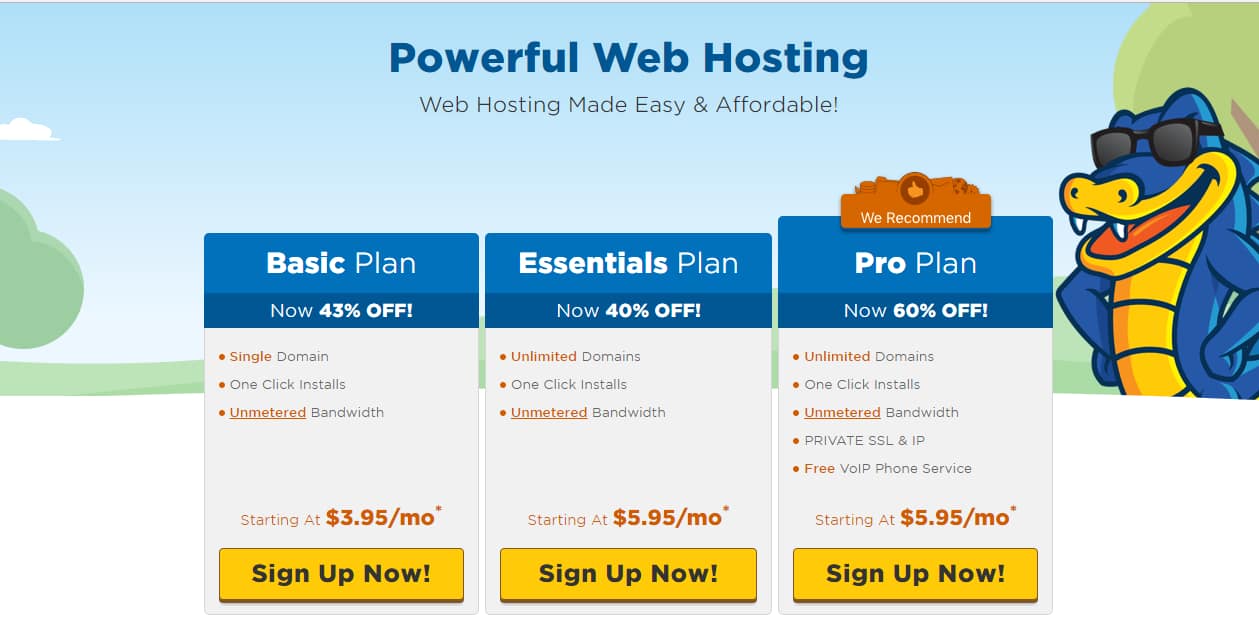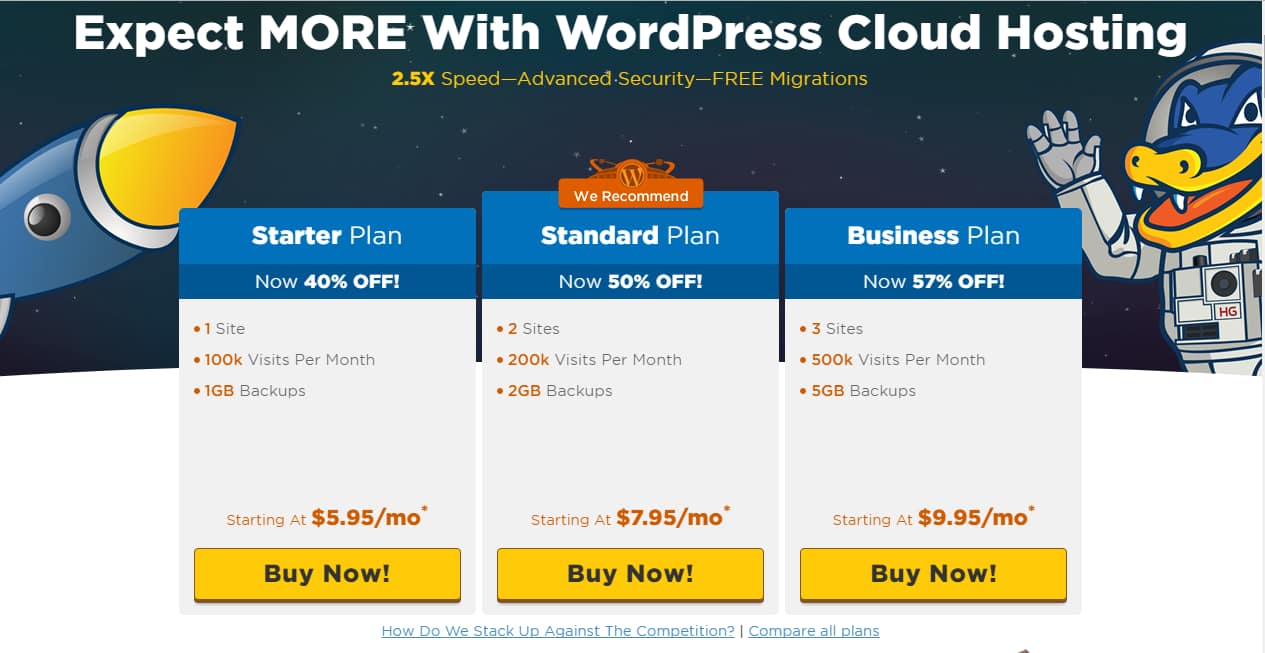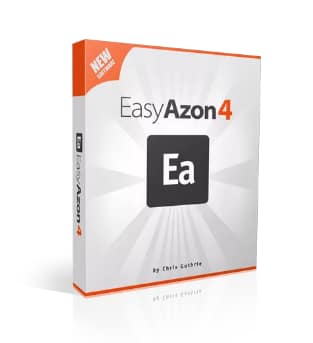niche
Amazon Affiliate Success Part 2: Your Niche Website
Amazon Affiliate Success Part 2: Your Niche Website

Having a significantly functional and cool looking website is a must when it comes to any online niche affiliate business, and it is especially true for Amazon affiliates because having a nice, clean online presence is a requirement to be a part of the Amazon Associates program.
And despite what you may think, having a functional, cool looking affiliate website doesn’t have to be difficult or expensive, at least not at the beginning. When you are just staring out you may not have a lot of money to spend on fancy websites, so you will ideally want to start with a cheap alternative that will allow you to focus on turning a profit while you grow your niche website without you having to drain your budget from day one.
This makes smart business sense as it will give you plenty of room to save up money to invest in the future of your affiliate website as your business grows, which can take you from one to five months, depending on how much time and work you are able to put in to promoting your new niche site.
OK, now you understand that you DO need a niche website as the center of your niche affiliate marketing business, there are two basic stages involved in creating the ultimate Amazon Affiliate website on a shoestring budget.
The first stage is to simply create your Amazon Affiliate website without worrying about getting every bell and whistle. You need to simply have a website where you can insert your niche content and your affiliate links.
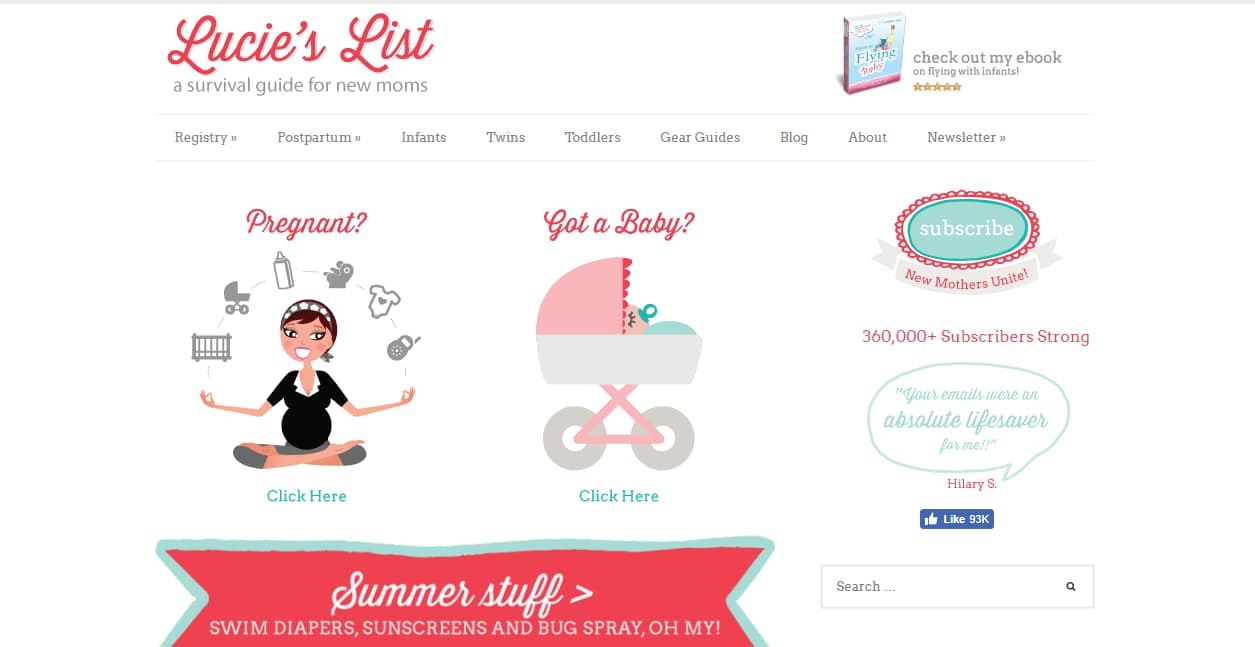
This first stage requires you to invest in two elements: hosting and domain. The cheapest type of web hosting is shared hosting. We recommend you to buy a shared hosting plan that you can pay on a monthly basis to a hosting service provider such as HostGator (warr.us/hostgator). Shared hosting plans can go as cheap as $4 a month, and they will work well enough in the beginning.
I will also give you another hosting provider that you can look at if for some reason you don’t want to use Hostgator. I have used both of these companies with no issues so the preference is up to you. The other hosting company I use is Bluehost (warr.us/bluehost) so pick your host and move on to the next decision 🙂
You will also have to buy a domain name for your website. Your domain name is simply your website address and you can also buy your domain name from HostGator, but I would suggest you use another company. This makes sound business sense as you don’t necessarily want to keep all your eggs in the same basket, so I always recommend buying your hosting and domain names from separate companies. I tend to use Namecheap (warr.us/namecheap) for all my domain names as they are cheap and extremely reliable. Now, acquiring a domain name looks as simple as coming up with a name and selecting the cheapest domain extension available, but there are some rules to follow.
First, don’t be tempted to use “exact match” domains for your domain name. Exact match domains are domain names that are made up from a combination of the exact niche keywords that you will target on your website, such as selecting the “cheapelectronicreviews.com” as your domain name.
It doesn’t only look lazy on your part, but it won’t help you to reach a top placement on search engine results. Lots of marketers use exact match domains for that reason, but the truth is that Google and other search engines caught on to that trend a few years ago and updated their search engine algorithms to ignore exact match domains for SEO.
So the best approach is to come up with a brandable name that isn’t an exact match of your target keywords. After you make up your mind about your domain name, you will have to select a domain name extension.
Selecting the .com extension for your domain name is the way to go hands down, but it can happen that your domain name is not available as a .com. In that case, select the .net extension. If it isn’t available as either extension, we recommend you to come up with a variation of your domain name until you find it available as either .com or .net.
That is because those two top level extensions are the most recognizable ones, and because newer extensions such as .club don’t look attractive to any audience. Many websites get passed by as novelty websites when they sport such domain extensions, so stay away from them.
Now, once your website starts growing and getting more and more traffic, you will have to start making some changes to it. This second stage of the process will require you to invest in a hosting plan that can make your affiliate website faster, to invest in a premium theme for your website and to invest in an SSL certificate.
Now, most hosting service vendors will allow you to do such upgrades easily, and our recommendations are as follows:
Upgrade your shared hosting plan to a dedicated hosting plan. Ideally, you should upgrade to a WordPress dedicated hosting plan, as WordPress is the best content management system available for affiliates.
Buy a nice looking theme for your affiliate such as “Kingdom by Woocommerce” WordPress theme for Amazon Affiliates (warr.us/kingdom).
Buying an SSL certificate is recommended, but not mandatory. This will add an extra layer of security for your website, and it looks good on the address bar!
We recommend you to also use WordPress plugins to supercharge your Amazon Affiliate efforts. So far the best one available is the “EasyAzon” plugin, which will allow you to search for Amazon products to post on your website right from your website’s editor and to redirect region specific visitors to their respective international Amazon marketplaces on autopilot.
Fine Tuning Your Niche Keywords

Using the proper set of keywords is crucial for any kind of affiliate business because, unlike ecommerce, the idea behind an affiliate website is for it to be found through search engine queries and results in order to increase its search engine ranking.
Keywords play a huge role in increasing your search ranks alongside quality content and loading speeds, but more importantly, they get your amazon affiliate site to rank higher for popular keywords that are related to your site’s niche and the topics discussed in there.

Ok, so you already know that most of the relevant keywords on your site are going to be product related, and to that you have to add purchase based keywords as well. From now on, think of your target keywords as a combination of the two. An example of this combination could be “best cheap refrigerators”, where “best cheap” is the purchase based keyword and “refrigerator” is the product based keyword.
Now you will need to use a keyword research tool such as Google’s own “Keyword planner”, which will allow you to enter your target keywords and determine their search volume and data including their average monthly search volumes, their rank, and their competition.
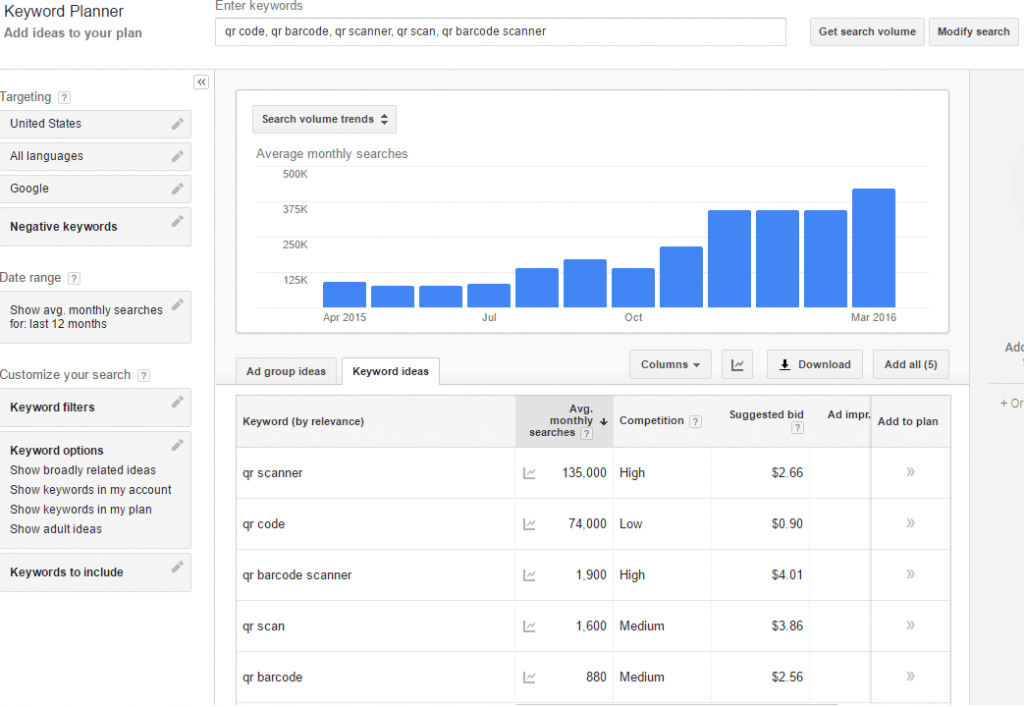
Once you determine which ones are your target keywords, you will have to do some research around them to optimize your chances to outrank other sites using them. The first step is to use those keywords on Google.
Now, instead of focusing on results from the first page because you already know that the keywords used on sites hitting the first page of results include the ones that you just used, you will need to check sites targeting those same keywords that are on the second, third and fourth page pages of results.
Why would you do this? Because you can then look for other long tail keywords on those sites that are related to your target keyword and use the keyword planner to determine their search volume and data. If some of those long tail keywords have high search volumes, from 500 and upwards, you can use them on your content in order to rank higher.
The real science behind this little known strategy is that you can leverage the search volumes of these keywords by creating better content around them, which will undoubtedly redirect the traffic from those low ranking websites to your website, vastly increasing your organic outreach and your rank in a couple weeks or less!
OK, that’s it for part 2. In the final part of this mini-series we will look at creating the content for your website that will encourage people to buy through your link, and a quick way to keep this content fresh for your visitors. See you next time 🙂
Amazon Affiliate Success Part 1: Your Niche
Amazon Affiliate Success Part 1: Your Niche
Starting any type of online business represents a leap of faith for many people and affiliate marketing is no different. Normally, this is NOT because it looks like something that is particularly difficult to do or understand, but because it is something that apparently looks so easy that it seems impossible to not succeed at first glance.
But the truth is that the affiliate marketing business model is not only a way of turning a profit, but you can actually make a good living from it if you put in the work (the same as in any business venture). Many novice marketers can become put off by the time that it takes for them to drive traffic to their affiliate offers and to see their first few conversions. This often results in them convincing themselves that low profit volumes are all there are for affiliate marketers, yet many others have moderate success and keep their affiliate activity going.
The good news is that you can easily go from moderate to pro by leveraging the pulling power of an online behemoth, namely Amazon! By introducing the Amazon Associates program into your affiliate marketing efforts and by applying certain strategies anyone can become a very successful affiliate marketer in a relatively short space of time.
One of the attractions of affiliate marketing is that you can get started immediately; you don’t need to spend time or money creating your own products. Just find products that you can promote as an affiliate and direct people to these offers using your affiliate link so that you can get paid if/when they buy, and by leveraging the Amazon marketplace, you have a huge potential market to target!
So, where do you begin? Well the first thing you need to determine is the niche you are going to be targeting and serving and that is what we will be covering in the rest of this article.
Defining A Specific Yet Broad Niche

What is the first thing that crosses your mind when you realize that you need to buy something? Let’s elaborate by revisiting a real-world scenario as our example, so let’s say that your 5 year old niece is coming home for a holiday and that you need to get her a gift.
What do you do about that? You go to the toy store downtown, or to the closest one to your house. Or perhaps you go to the one that you know would offer you the best prices, or to the one where the staff knows you and are willing to give you the best, most honest advice about what to gift to your little niece.
There are two takeaways to pay attention to in this particular scenario:
- You already know that you need to go to the toy store because that’s where they sell what you are looking for, preferably the one you are already familiar with
- You are also aware that you will need a little help with your purchase, even when you are already in purchase mode
The same thing happens when you decide that you want to purchase a new car, or a new kitchen, or the newest high definition TV. You need a little help from an informed sales representative to make an informed purchase that you are not likely to regret later.
That is the exact same process of the affiliate marketer, who builds a website which serves as an informed middleman for people looking for information about products that they want to buy. When the affiliate website successfully talks people into buying a product through its content, it earns the affiliate money.
And just like an electronics store would only sell electronics and hire someone who knows how to talk and sell electronics, an affiliate website needs to focus on a specific niche. An affiliate website promoting video games and bathtubs would look as bad as an electronics store selling novelty items.
The idea behind creating an affiliate website is, like we said, to talk people into buying products through affiliate links, but that doesn’t mean that you have to populate your affiliate website with all kinds of affiliate links spread throughout random content in the hopes that people will click through by chance.
The truth is that this strategy is doomed from the beginning because websites that talk about everything are exhausting to navigate. The best approach is to simply pick a product niche that you either like or have no problem writing about and then go from there.

Remember that you have to act as middleman between a buyer and the amazon marketplace, and as such you will need to make their purchasing decisions easier, so liking or knowing the products that you promote on your affiliate website will make it easier for you to recommend the products.
Once you have picked up a niche, go to Amazon.com and search for products in that niche that meet the following criteria: products that are low priced but that sell like hot cakes, and high priced items that are popular even when they don’t sell as much as lower priced products.
This is because you have to promote products that sell well enough as to leave you with a healthy amount of revenue at the end of the month. Try not to narrow down your offers too much because you will end up slowing down your profits.

To give you an example, let’s say that you decided to promote trendy, entertainment based electronics. In that case, you will have to promote products that are lower priced but sell constantly such as newly released video games and higher priced equipment such as thousand-dollar TV sets.
Yet if you decide to promote rare collector stuff only, you’ll be narrowing down your niche too much, so don’t do it unless you dedicate a separate section for that stuff on your website, or if you have an affiliate website that makes you enough money as to allow you to create a separate micro website dedicated to rare collector stuff.
OK, now that you have decided on your niche, you will need somewhere to promote it. You will need a website to create content, write reviews etc. to tempt visitors to purchase your recommendations through your affiliate link and we will cover this in part 2 of this mini-series 🙂
Build A Blog And Make Money Part 7
Monetizing Your Blog
As a niche blogger, you want to always be thinking about your reader, but not to the point where you neglect your own financial success. That should be a strong part of your formula.
So after you map out the categories for your blog, you can rotate the topics when you create new content. Each time you pick a topic, think of two things:
- What good, valuable tips can I share?
- How can I monetize this post?
So let’s use weight training as our example again. Suppose you wanted to create a blog post called 7 Tips for Weight Training at Home. You would create 7 tips and for one or more of those, include a casual mention and link to a particular product.
For example, you might have a tip about choosing an area with plenty of space, and you could talk about why that’s important, and then say something such as, “If you live in a small area, then I recommend choosing space-saving equipment, like resistance bands that use your body weight.”
Then link to the one you recommend and talk a bit about it before going on to your next tip. The last thing you want to do is write one big ad. The reader should walk away feeling fulfilled if they don’t happen to buy anything that day.
You’ll be building trust with your readers that way.
What other monetization can you place on your blog? Banner ads – but don’t create a hostile environment on your blog where banner ads and buttons are flashing all over the place, blinding your readers.
Depending on your theme, you might be able to place a horizontal banner ad right below your header. You can promote products as an affiliate or promote your own products. These are usually called Leaderboard size.
The sidebar provides ample opportunity for vertical banners and smaller buttons. Try to select choices where they match the color of your site, or complete it in coloring – as long as it doesn’t clash.
You can also put banner ads and buttons inside your actual blog posts. So let’s say you were reviewing an info product from JVZoo or ClickBank. You could look for affiliate tools from the product creator and embed them into your posts so that they align with your text to the right or left, or break up lengthy blog posts right in the middle, too.
Make sure you monetize with text hyperlinks whenever you blog. These convert well. You don’t want every other word to be a hyperlink, but sprinkle them throughout wherever relevant.
Some blog themes don’t make your links stand out very well when you make them, so always go to the extra step of bolding the word or phrase and underlining it. Depending on the colors of your blog, you might also want to make them blue, like a traditional hyperlink.
Some of your monetization will occur from repeat contact with your readers. If your reader doesn’t notice your sidebar opt in form, they might sign up if you include the form at the bottom of your post.
There are plugins that can do this – or, you can simply paste the HTML code into the text – not visual – portion of your blog post. That way, not only are they expose to your offer during that first blog read, but you can promote to them repeatedly (as you serve their needs) over time and enjoy repeat commissions and sales.

